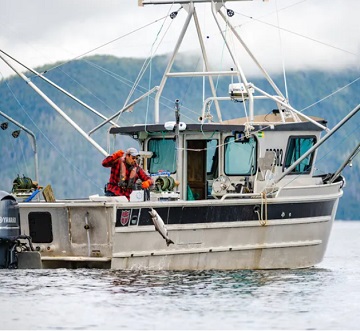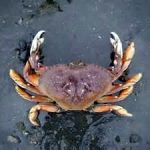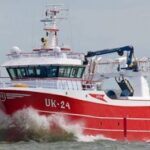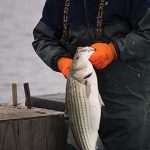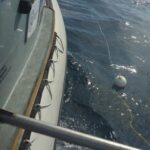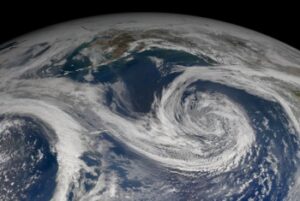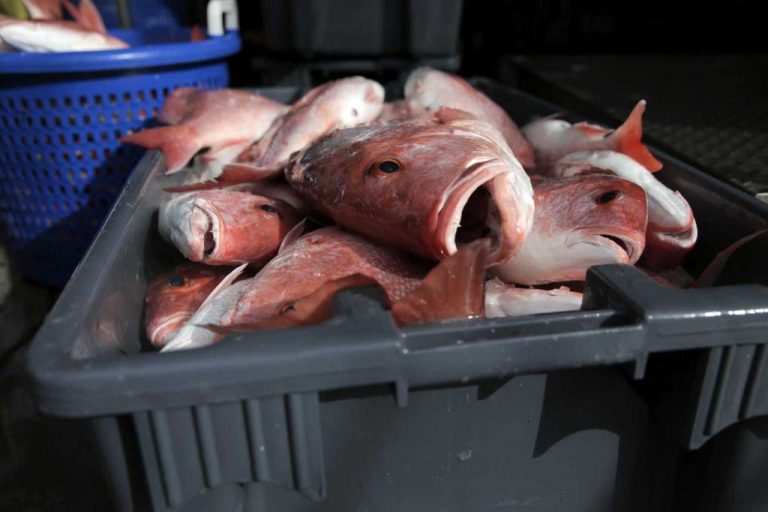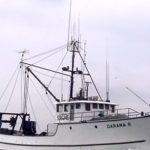Tag Archives: southern resident orcas
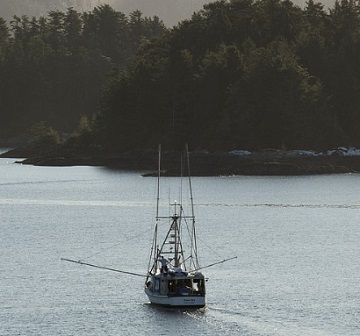
Fishermen fear future fishery management, delisting in SE Alaska
Chinook fishermen are celebrating the start of the 2023 summer troll season in Southeast Alaska after months of lawsuits and uncertainty blocked the fishery. Since the fishery opened two weeks ago, fishermen, some based in Bellingham, have been out in droves, keeping the $85 million industry afloat for another season. But the celebration, some say, may be premature. Fishermen across the region are keeping a close eye on the final decision in the lawsuit, anticipated later this year, and they expect more legal challenges next year. “I’m worried this is going to happen again and again and again and again,” Whatcom resident and fisherman Michael Jackson said from the deck of his fishing vessel in Alaskan waters. “To have this [fishery] turned into a political argument, and shut down people’s livelihoods, it makes me sick. It makes me absolutely sick.” >click to read< 11:51
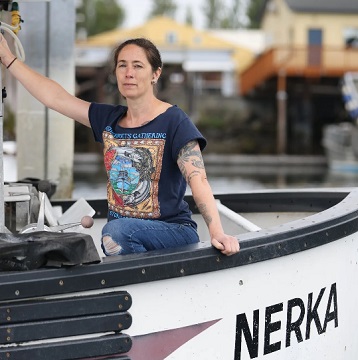
An Alaska fishery has been pitted against orcas. Can both survive?
In early May a Seattle federal judge put the brakes on this summer’s troll fishery in Southeast Alaska, ruling that the National Oceanic and Atmospheric Administration must amend its 2019 report on the impact of the fishing on endangered southern resident orcas who prefer to eat the same Chinook. But the ruling was put on hold last month by a U.S. appeals court, which allowed the fishery to reopen, citing economic harm. The complicated and contentious case probes the soft underbelly of the issue of the southern residents’ plight: the availability of nutrient-rich Chinook, their preferred meal. While fisheries up and down the West Coast are allocated fish for harvest each season, the southern residents get what’s left — and not intercepted by other predators. It has pitted fishers against orcas as some scientists and conservationists call into question the effectiveness of modern fisheries management. 9 photos, >click to read< 10:16
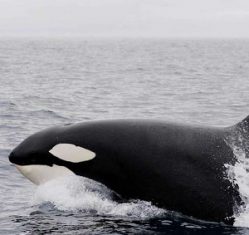
Seattle’s industrial waterfront remains a contamination challenge for orcas. What about Salmon?!
The Southern Resident orcas are often called some of the most contaminated marine mammals on earth. Their fat is filled with toxins like PCBs. When they don’t have enough to eat, they metabolize their fat and that poison ends up in their blood. Though outlawed decades ago, PCBs still remain in the sediment around Elliott Bay.,,, A lot of the toxic contamination issues that we have with our salmon can really be traced to the fact that the state of Washington is not enforcing the Clean Water Act to the extent that they should,” >click to read< Meanwhile, New study finds river wildlife contain cocaine, pharmaceuticals and pesticides in UK->click to read<10:07
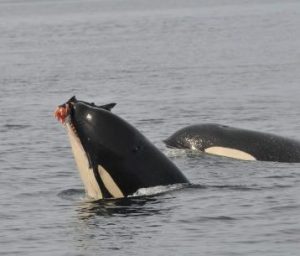
Washington state asks lawmakers for $90 million to improve habitat for orcas, salmon
If approved, a $90 million budget request to the state legislature could aggressively tackle what’s needed to help Puget Sound’s southern resident orcas survive. A request on Monday by Hilary Franz, the state’s Commissioner of Public Lands, would increases the money already being spent on restoring habitats for salmon, removing barriers that inhibit the fish from reaching their spawning ground, researching ocean acidification, and removing rundown vessels on waterways, according to an emailed statement from the state’s Department of Natural Resources. >click to read<

Governor’s task force releases draft plan to save southern resident orcas
Draft recommendations from the governor’s southern resident killer whale task force were released Monday, shedding light on a plan to help save the endangered orcas. The draft is filled with actionable items meant to address issues the orcas face, like prey availability, toxic contaminates and vessel traffic. The 45-member task force will have time to suggest changes before the final report is due to Gov. Jay Inslee’s office on Nov. 16. From there, the governor might take executive action or bring recommendations to the state legislature. >click to read<10:03
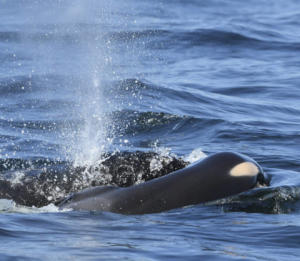
Center for Biological Diversity sues Trump administration to expand protected Southern Resident orca habitat along West Coast
The Tucson, Arizona-based Center for Biological Diversity said as it filed the lawsuit in U.S. District Court in Seattle.,,The lawsuit says the National Marine Fisheries Service has failed to act on the center’s 2014 petition to expand habitat protections to the orcas’ foraging and migration areas off the coasts of Washington, Oregon and California — even though the agency agreed in 2015 that such a move was necessary. The center says the protections would help reduce water pollution and restrict vessel traffic that can interfere with the animals.“ click to read<16:36
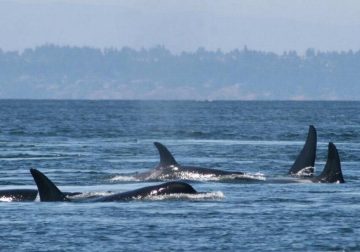
Premier Horgan sends letter to federal Fisheries Minister urging discussions over fisheries closure
B.C. premier John Horgan is urging the Federal Fisheries Minister to meet to discuss problems with using fishing bans to boost Chinook salmon stocks to protect the 75 remaining Southern Resident orcas. The closure of salmon fisheries in areas including parts of Juan De Fuca Strait from Sooke to Port Renfrew, the southern Gulf Islands and the mouth of the Fraser River took effect on June 1st. Details vary for each area, but in many cases, recreational fin fishing is completely banned in the areas until Sept. 30, while commercial fishing for all salmon is banned. It is possible the fisheries closures could be extended to more coastal areas on Vancouver Island. >click to read<10:22
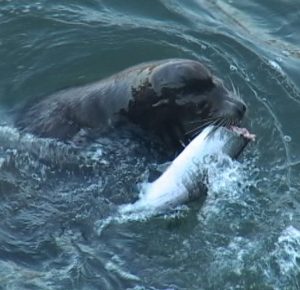
More seals, sea lions endangering orcas
Re: “Ottawa spending millions to help endangered orcas” and “Washington state moves to protect endangered southern residents,” March 16. These articles failed to address a couple of noteworthy things regarding prey availability for resident orcas, more resources for local salmon enhancement being one of them. The southern resident orcas are facing increased competition for salmon in large part due to the increase in harbour seal and California sea lion populations since the enactment of the Marine Mammal Protection Act in 1972. >click to read<17:00






